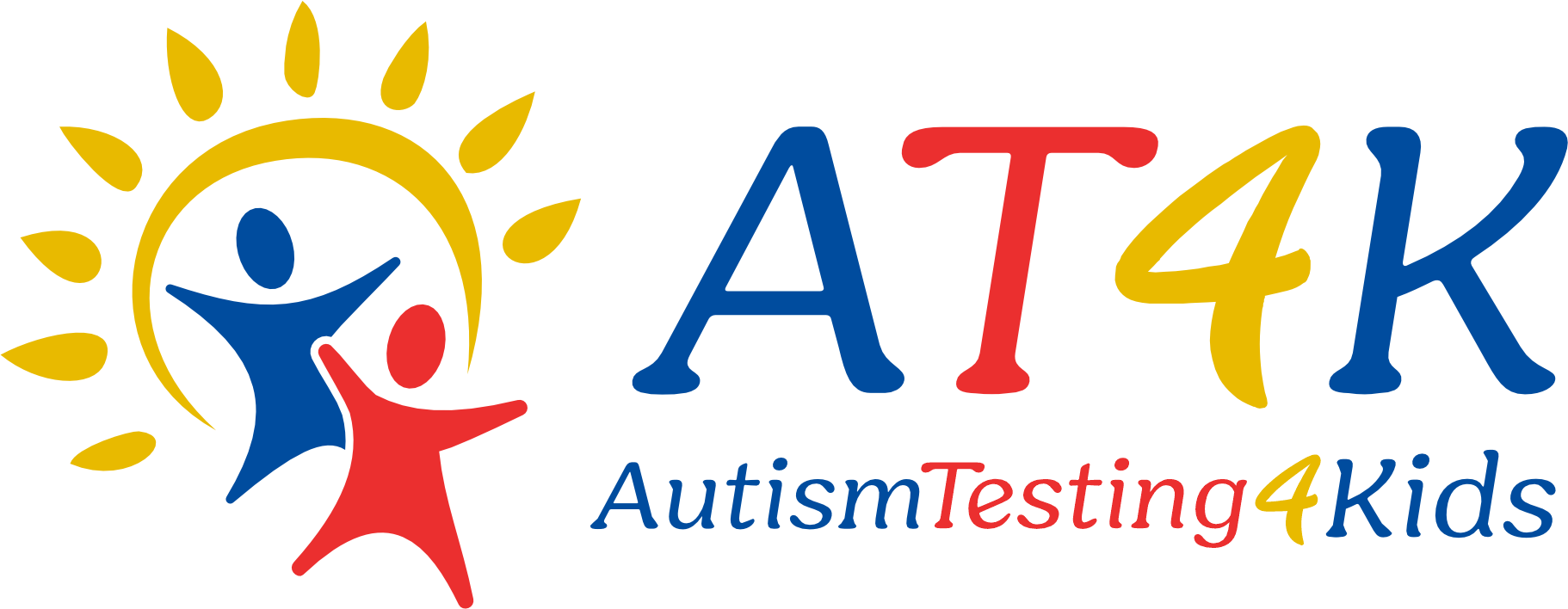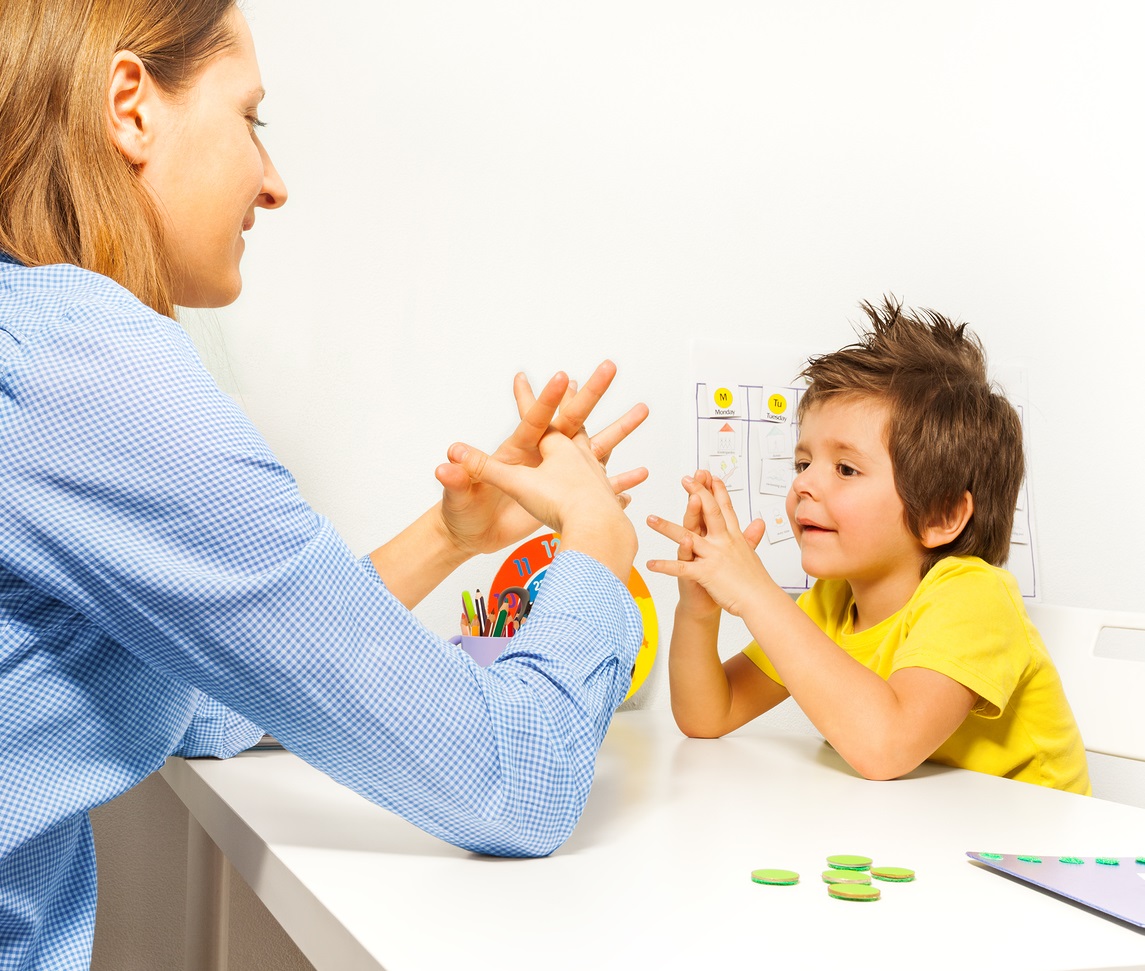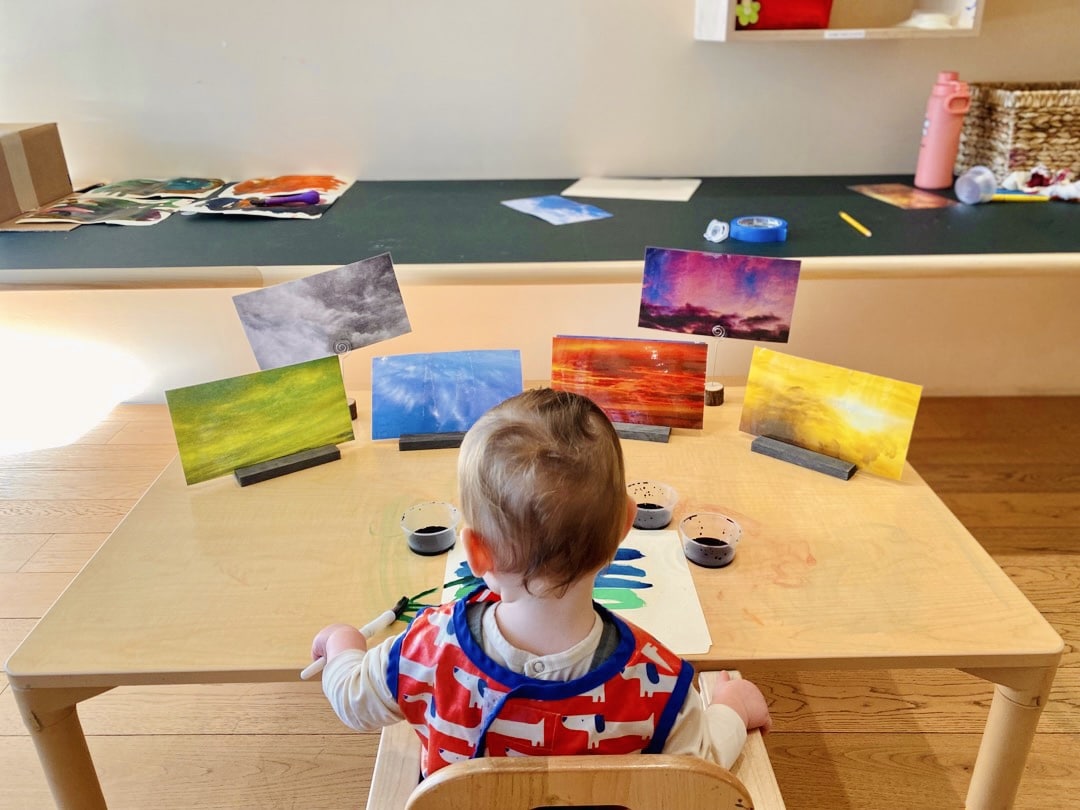In the United States, over 17% of children have been diagnosed with a developmental disability. However, it can be difficult for parents to recognize the signs of autism spectrum disorder and other disabilities.
Do you want to learn more about the signs you should take your child to see a developmental pediatrician? Keep reading this article to learn more about childhood autism and how telemedicine can help you with an autism diagnosis.
Several Months Behind Developmental Milestones
You should take your child to see a developmental pediatrician if they do not meet developmental milestones. Generally, it is okay for your child to be a month or two behind other children. Many parents worry unnecessarily when they feel like their child isn’t progressing quickly enough.
However, it is only a real concern if they are several months behind in speech and motor skills. By one year of age, children should be able to express emotions with sounds or cries. They should be able to crawl around in one way or another, and they should be able to sit and stand on their own.
For speech, they should be able to say a few single words. If you find that your children do not react to speech and have delayed motor skills, you may want to take them to a developmental pediatrician. Even if they do not have a diagnosis, your pediatrician may have ways you can help your child improve their skills.
When your child has difficulty with speech and motor skills, it can be a sign of delayed mental growth. However, when you have the proper care, you can often help your child improve these problems.
Check out this guide if you want to learn more about developmental differences. These include differences in language, social ability, memory, motor skills, attention, and more.
Difficulty Maintaining Eye Contact
A common sign of autism or other developmental disabilities is the difficulty of maintaining eye contact. While this isn’t always a problem, babies should be able to follow objects and light.
Babies should also be able to recognize people or objects. Inability to maintain eye contact is a sign of developmental delay or even childhood autism. Another sign is if they have a difficult time recognizing people or objects they regularly see. If your child has autism, it is likely that they either find it uncomfortable to make eye contact or it is something that stresses them out. This is often an early indicator of Autism Spectrum Disorder, even before a diagnosis.
Learning Difficulties
Many children who have developmental issues often experience difficulties with learning. Learning problems may be more difficult to see. By regularly meeting with teachers and reviewing grades, you can recognize early signs of learning problems.
One of the most common learning problems that children face is dyslexia. This makes it hard for children to read and write. If your child has learning complications, you should take them to see a developmental pediatrician.
Attention Problems
Many children who have developmental delays may also have problems paying attention. These may even include diagnosed attention deficit or hyperactivity disorders. While these attention problems may not affect their daily lives, they can be the root of learning difficulties and other issues.
Difficulty With Regular Behaviors
Finally, many children who have an autism diagnosis or display signs of childhood autism may have problems with regular behaviors.
For example, many children with autism have issues using the bathroom on their own. This may result in issues with potty training, wetting the bed, and more. Does your child have more difficulty using the bathroom or do they frequently wet the bed? If so, you should meet with your developmental pediatrician.
Other regular behaviors that are often more difficult for those with an autism diagnosis are sleeping disorders. This includes insomnia, trouble staying asleep, and more.
What to Expect at a Developmental Pediatric Appointment?
When you recognize the signs of developmental delays in your child, you should take them to see a developmental pediatrician. During these appointments, you will meet with a doctor for a few visits.
On the first visit, you will give a detailed history of your child. You will also fill out the M-Chat-R. This is also known as the Modified Checklist for Autism in Toddlers, Revised. The checklist will help your pediatrician learn more about your child’s behaviors.
In another telemedicine appointment, our doctors will interview both parents of your child. They will conduct more tests and learn more about your child. Finally, the last appointment will present the reports from each test and will diagnose your child when necessary.
Autism and other developmental disorders can be difficult to diagnose. Because of this, you must have several telemedicine appointments to meet with your pediatrician. They will not only diagnose your child, but they can help you learn what you can do at home to help your child.
Learn More About How a Telemedicine Developmental Pediatrician Can Help
Seeing your child struggle developmentally can be challenging. However, if you recognize these signs of autism in children and you get your child help you can help them learn to improve their developmental delays. By visiting a developmental pediatrician, you can get a sure autism diagnosis in Texas.
If you want to visit a developmental pediatrician in Texas, Developmental Pediatrics can help! We are a telemedicine service based in Texas that helps diagnose autism spectrum disorders in toddlers and young children. Contact our team today to learn more about our telehealth availabilities and to see how we can help your child’s developmental growth.




